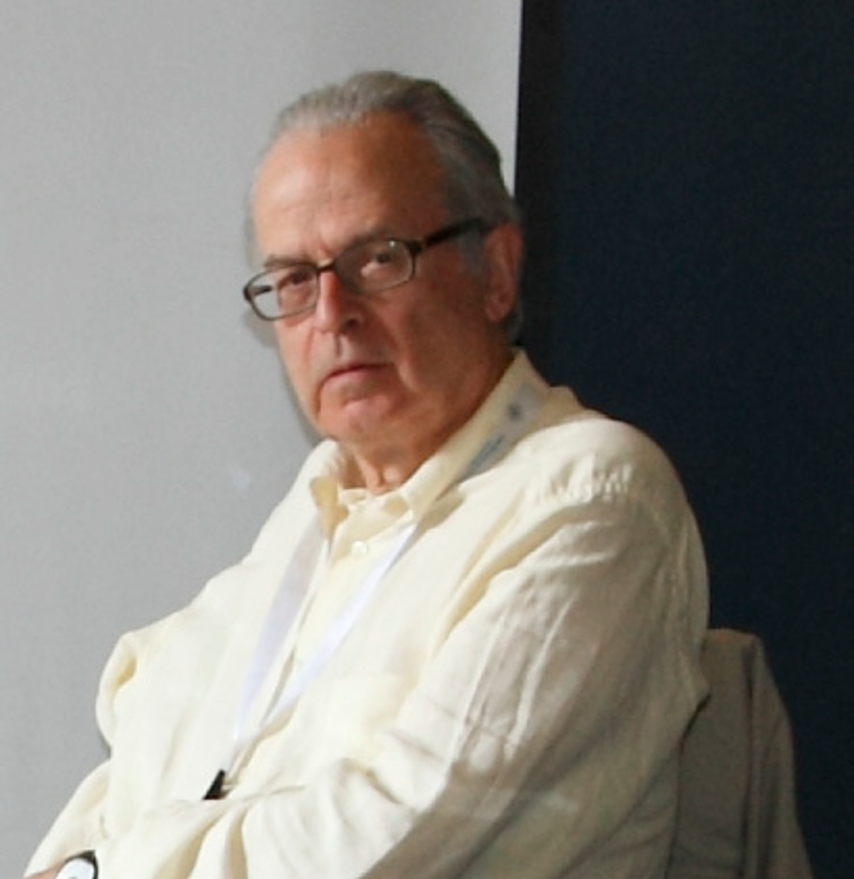Motivated by the Islamic traditions of generosity and almsgiving, the charities of the Gulf States enjoy great potential to expand their activities inside the GCC and beyond. But two 21st century developments – the so-called ‘Global War on Terror’ and, more recently, the advent of the ‘Arab Awakening’ or ‘Arab Spring’ – have confronted these charitable organizations with serious challenges to the aims and methods of operation that they have followed since the 1980s. This workshop will examine those challenges and propose some pointers to a way ahead. It will complement, by means of disciplined research, the practical steps currently being taken by such organizations as the London-based Humanitarian Forum, to promote better understanding between Muslim organizations and their Western and multilateral counterparts.
3 DAYS / 12 Workshops
MORE THAN 300 ACADEMIC PAPERS
Research on Islamic relief and development charities, though previously neglected,
has been expanding fast in recent years (see Appendix – Publications on Islamic
Charities), reflecting an increasing interest in faith-based organizations in general.
But, with a few exceptions (see Appendix), studies of the work of charities based in
the GCC states remain scanty, and there is little publicly available factual data on
which to form balanced conclusions. This workshop will provide the first opportunity
to bring researchers together and begin to build up a body of evidence to make
scholarly analysis and interpretations possible.
The overall goal of the proposed workshop is to make a contribution, through rigorous
evidence-based research, towards understanding the Islamic charity sector in GCC
countries. This has grown over the last thirty years in parallel with Western
humanitarianism, seldom recorded in the analysis of international aid flows and taking
little direct part in the intense debates that have raged in the West about the roles of
Non-Governmental Organizations and the efficacy of relief and development
programs. It is widely assumed in Western government circles that a large ideological
gulf separates GCC-based, especially Saudi, charities, from Western humanitarianism
(see Appendix). Our working assumption is that this viewpoint underestimates both
the extent of change actually occurring in the region already, and the potential for
Islam and its institutions to adapt to change, as well as the need for Western aid
agencies to develop more effective partnerships in Muslim-majority countries,
including numerous conflict zones. We hope therefore to help formulate an
intellectual toolkit which could be used towards a gradual ‘de-politicization’ of the
GCC-based charity sector, i.e. its normalization as a participant in the wider world of
international relief and development aid, in harmony with non-Muslim agencies and
with standards of policy and conduct generally accepted by governments and NGOs.
This can be done through assembling factual information in an impartial manner, and
by critically comparing various interpretations of the facts; then making the findings
publicly available to policy-makers and opinion formers both inside and outside the
GCC.

